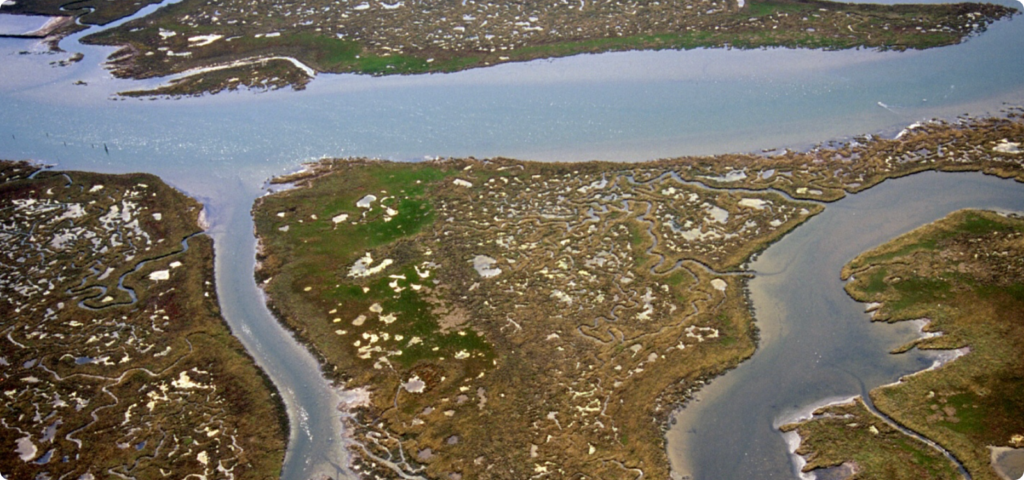The Northern Adriatic Sea is a vital hub for fisheries and aquaculture in Europe, shaped by the interplay of freshwater from five Italian rivers and saltwater influences. This nutrient-rich environment supports a thriving blue economy, producing 70% of Italy’s mussels through long-line mussel farms, alongside clam and fish farming in coastal wetlands and lagoons.
However, this vibrant region faces environmental challenges, particularly from trawling and hydraulic dredging for shellfish collection. These practices degrade habitats and natural stocks, posing risks to the ecosystem. As the region grapples with balancing economic activities and biodiversity protection, CrossGov is investigating how governance frameworks and sectoral policies align with EU environmental objectives to create a sustainable future for the Northern Adriatic Sea.

The Challenge
While the Northern Adriatic Sea is rich in resources, it is also highly sensitive to environmental degradation. The intense exploitation of marine resources through industrial fishing methods has negatively impacted the seabed and associated habitats. Trawling and hydraulic dredging are particularly damaging, disrupting natural stocks and altering ecological balances.
Adding to the complexity, multiple EU directives govern the region, including the Marine Strategy Framework Directive (MSFD), Water Framework Directive (WFD), and Marine Spatial Planning Directive (MSPD). These frameworks aim to protect biodiversity and promote sustainable resource use, but their implementation often faces challenges due to insufficient coordination and misalignment with sectoral policies for fisheries and aquaculture.
CrossGov’s Contribution
CrossGov is conducting a case study to analyze whether the MSFD, WFD, and MSPD are being coherently implemented in the Northern Adriatic Sea. The project focuses on evaluating how these directives contribute to the European Green Deal (EGD) biodiversity targets and whether sectoral policies, such as those governing fisheries and aquaculture, adequately consider biodiversity protection goals.
The case study engages basin authorities, regional agencies, and NGOs to identify governance gaps and strengthen coordination. By assessing formal and informal governance mechanisms, CrossGov aims to foster planning processes and cross-compliance mechanisms that support biodiversity conservation while ensuring the sustainability of the region’s blue economy.



